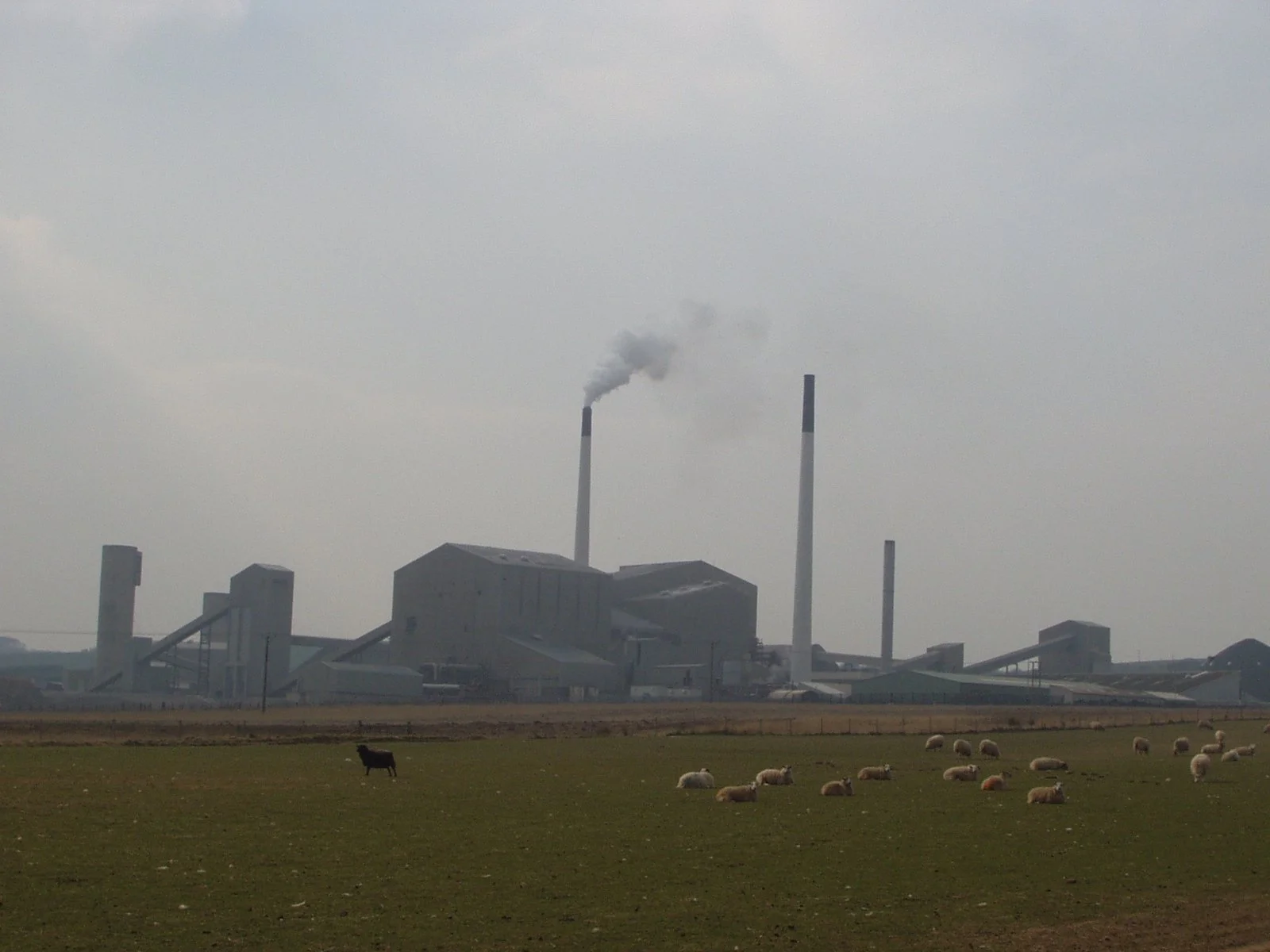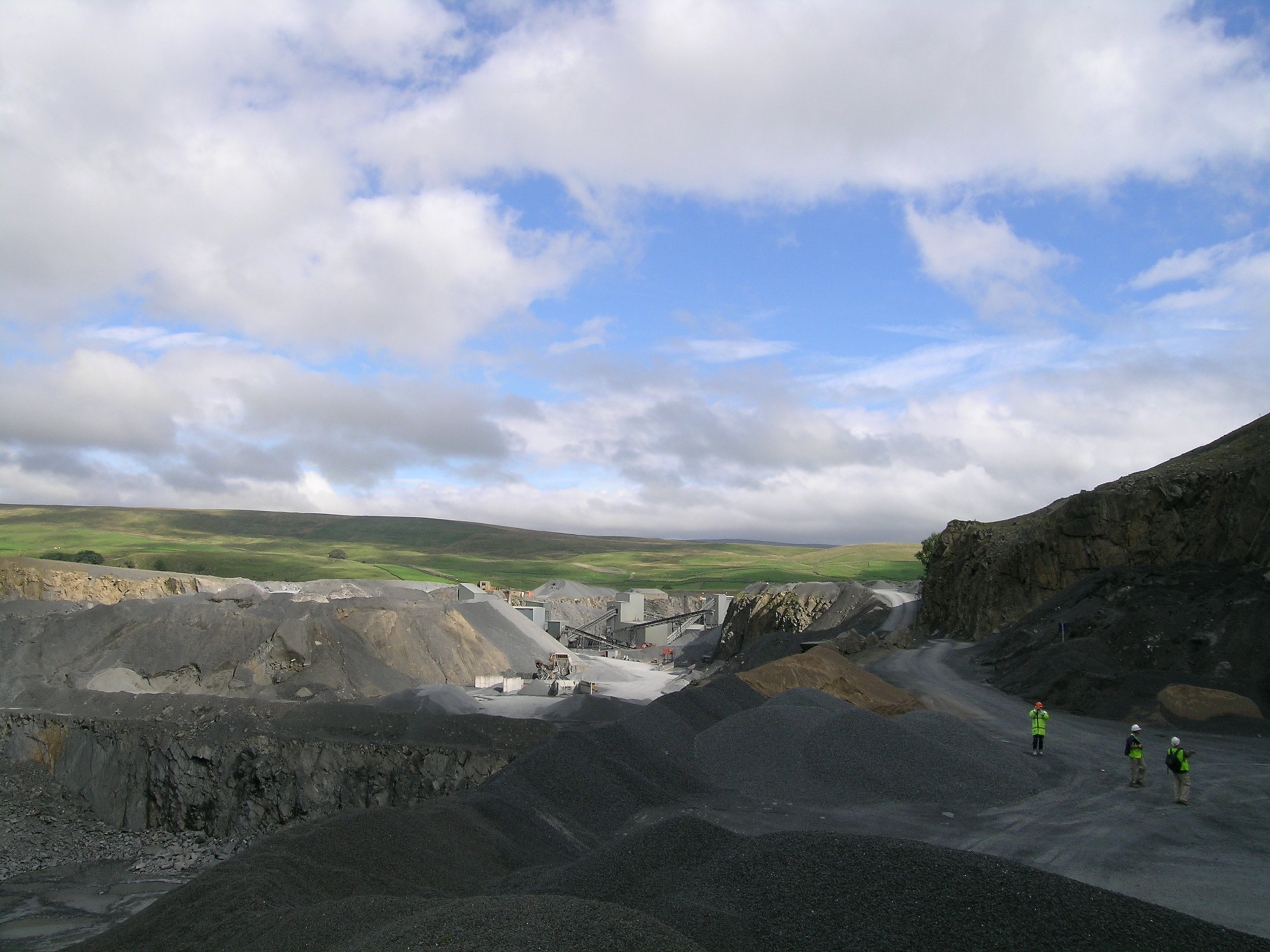Changing perspectives on subsurface resources in northern England
Indoor meeting
Convened by Andrew Bloodworth (BGS) and John Ford (BGS)
British Geological Survey, Keyworth Nottingham
Saturday 23rd November
13:30 - 16:10
Non-members welcome!
2024 marks a half century since the YGS published its landmark 'Geology and Mineral Resources of Yorkshire' volume. As such, it is a good time to take a fresh look at the way we will utilise the potential of the subsurface in our region, particularly given the urgent imperative to progress toward a low carbon future. In 1974, ‘coal was king’ in northern England. Much has changed since then and this meeting is intended to take a 21st Century, holistic look at the subsurface in the region. Speakers will explore how our concept of ‘resources’ has broadened in the last 50 years to take in assets such as heat, brines and pore space. With a view to their sustainable management, speakers will also look at how all these resources interact and overlap, how they are impacted by the legacy of historic human activity, and how they might begin to be utilised at scale to help facilitate a net-zero economy.
IMPORTANT: BGS will need to know in advance if anyone attending has mobility issues (moving up and down stairs). This is because, in the event of an emergency they will not be able to use the lift and will need to be moved with an evacuation chair by a trained member of BGS staff. Please email Secretary@yorksgeolsoc.org.uk.
Schedule:
13.30 Welcome/ H&S briefing/ Intro to this meeting (Andrew Bloodworth/ John Knight)
13.40 to 14.20 Keynote (Michelle Bentham): Full circle? Utilising the subsurface for decarbonisation – focus on the north
14.25 to 14.55 Charlotte Adams: Supercharging Geothermal through the National Geothermal Centre
14.55 to 15.30 Comfort/ tea break
15.30 to 16.00 Gavin Mudd: Critical Minerals, the Energy Transition and Sustainability: Exploring the Nexus for the UK
16.00 to 16.10 Wrap up
Abstracts:
Full circle? Utilising the subsurface for the decarbonisation – focus on the north
Michelle Bentham
Chief Scientist for Decarbonisation and Resource Management, British geological Survey
Mineral extraction powered the industrial revolution, which in turn powered anthropogenic climate change. Have things come full circle where geology is now part of the solution to reach net zero?
The lecture will explore the role of the ground beneath our feet in contributing to anthropogenic climate change and its evolving role to providing solutions to help us meet net zero. We will explore a range of geological low carbon solutions to heat our homes, decarbonise industry, store energy and provide materials for low carbon technologies. Perceptions of geology as a polluter versus providing environmental solutions will be addressed and how this will impact social acceptance and implementation.
Supercharging Geothermal through the National Geothermal Centre
Charlotte Adams
CEO, National Geothermal Centre
From an accidental discovery of hot water whilst mapping the North Pennines to the most recent deep drilling in Cornwall, the UK has a rich geothermal history and much has been achieved by many dedicated people over the years. UK geothermal resources are relatively low temperature but they are spread between a variety of geological settings making them accessible to most areas of the UK with a diverse range of potential uses. Energy supply is now a matter of national security, we face rising energy costs, increasing reliance upon energy imports and are feeling the impacts of climate change. The time is right to make geothermal happen and we have a solution using existing technology that has been beneath our feet all along.
The National Geothermal Centre (NGC) is a not-for profit entity launched in June 2024 to supercharge the uptake of UK geothermal and drive the transition to net zero. NGC has set targets for 10 GW of geothermal heat and 1.5 GW of geothermal electricity in the UK by 2050 and is preparing a roadmap to support the delivery of these targets. This talk will provide more detail on the role of the new centre, how you can get involved and detail a case study as to how disused coal mining infrastructure is being used in Gateshead, NE England to provide 6MW of geothermal heat to a range of commercial, municipal and domestic buildings.
Critical Minerals, the Energy Transition and Sustainability: Exploring the Nexus for the UK
Gavin Mudd
Director, UK Critical Minerals Intelligence Centre, British Geological Survey
The world is rapidly evolving in many ways, ranging from global development, the rise of electric vehicles and digital transformation to the growing dominance of renewable energy to reduce greenhouse gas emissions and mitigate climate change. All of this starts with our rocks, both globally but also here in the UK. The rise of modern technology is increasingly reliant on an ever-wider range of elements from across the Periodic Table – from lithium to rare earths, cobalt to copper, platinum to indium and beyond. Given their importance to societal goals such as net zero and others and combined with their concentrated supply, many elements are now classified as ‘critical raw materials’ by governments and industry alike. This presentation will explore the concepts involved in critical minerals, work through some case studies on the requirements for critical minerals for the energy transition, and place these within concepts of sustainability – all as the UK continues to evolve its approach in this area.


